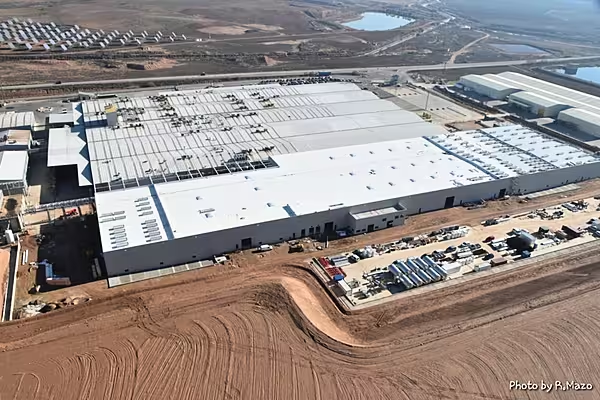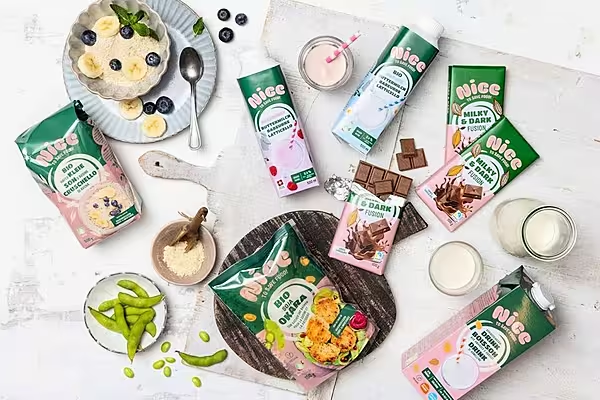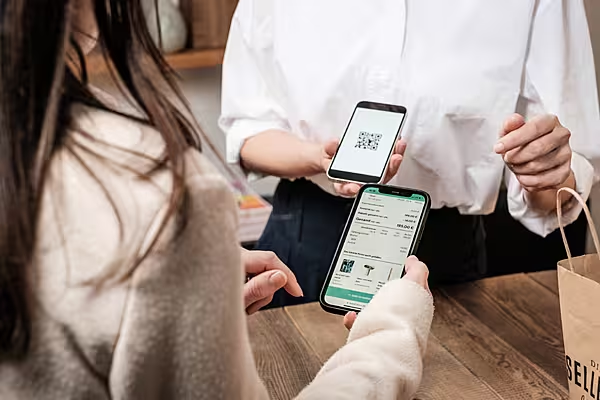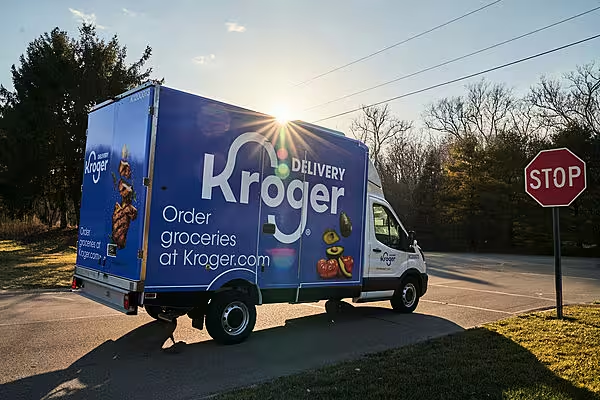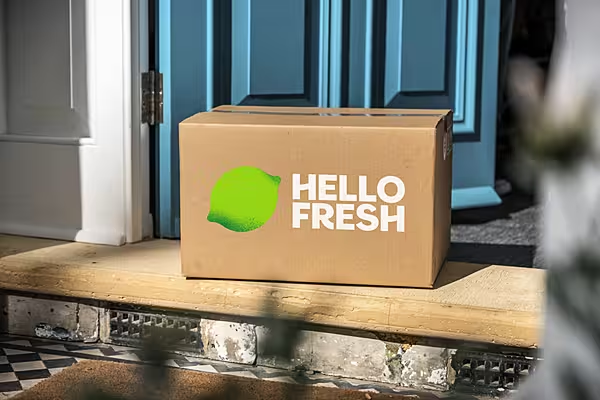Rather than dipping their toes into the emerging world of retail media, why don’t grocers take the plunge and reconfigure their businesses to be fully fledged media organisations?
That’s the premise that was recently put forward by Adgild Hop, partner – European retail market leader, Deloitte, at Shoptalk Europe in Barcelona.
Hop outlined the challenges that traditional grocery retailers face, including declining margins due to online penetration, rising costs, and changing consumer preferences.
A New P&L Model
“I have regularly been teased by my grocery clients to stop with the consulting mumbo-jumbo because grocery is simple: ‘what we do is sell jars of peanut butter,’” Hop tells ESM. “Increasingly, I’ve been holding that mirror up to them to say, ‘Yes, you buy jars of peanut butter and put them on shelves. That’s your value model. You don’t make peanuts, and you don’t make jars of peanut butter – you just move them.’
“This means the margins are quite low, because the value add[ed] in the end-to-end is not that high. But retail isn’t just about putting jars of peanut butter on your shelves and the customer coming into the store to pick them up. Increasingly, over the past ten years, we’ve been telling our customers that retail will come to them. So, in essence, you’re breaking the fundamentals of the whole P&L model.”
Transactional Data
The rise of online isn’t the only factor impacting margins either, with wages, food costs and energy costs all rising in recent years, prompting retailers to look into data monetisation and retail media as a potential revenue stream, to counter this margin decline.
As Hop explains, the fact that retailers are sitting on reams and reams of transactional data presents an opportunity to leverage this to create high-value moments with consumers.
“Data is important, but transactional data is the real gold, especially the type of complex, multi-product, frequent transactional data, which only the grocery sector has,” he says. “You have incredibly complex transactions happening every day.”
Unlocking True Value
According to Hop, a shift in perspective is required to unlock true value, where retailers see themselves not just as sellers of groceries, but as media companies leveraging transactional data for monetisation.
“I believe the retailers or grocers of tomorrow should pivot to look at themselves as media companies that just happen to have a grocery business attached,” he says. “In this model, the value of grocery is not in the transaction, it’s in what enables the transaction.
“If you make more profit from your retail media than you do from your grocery business, then, by default, you should consider yourself a retail media business.”
Such a transition is not likely to be an easy task – implementing such change requires a significant cultural shift within retail organisations, including redefining their identity and business models. Industry leaders will need to play a crucial role in instigating and driving this change, requiring strategic thinking and a long-term vision – if pulled off, the margin opportunity speaks for itself.
“Step number one, which is incredibly easy to say, but bloody hard to do, is to convince your stakeholders – especially your shareholders – that the situation you find yourself in, where margins are declining, means that you need to take some big moves,” says Hop.
“This will have massive implications on how a company sees and structures itself.”
Really interesting discussion with Adgild Hop from @Deloitte at Shoptalk Europe earlier, about the future of retail media. #shoptalkeurope #retailmedia #deloitte #retail pic.twitter.com/lorEilB19L
— Stephen Wynne-Jones (@StephenWynneJo1) 4 June 2024

